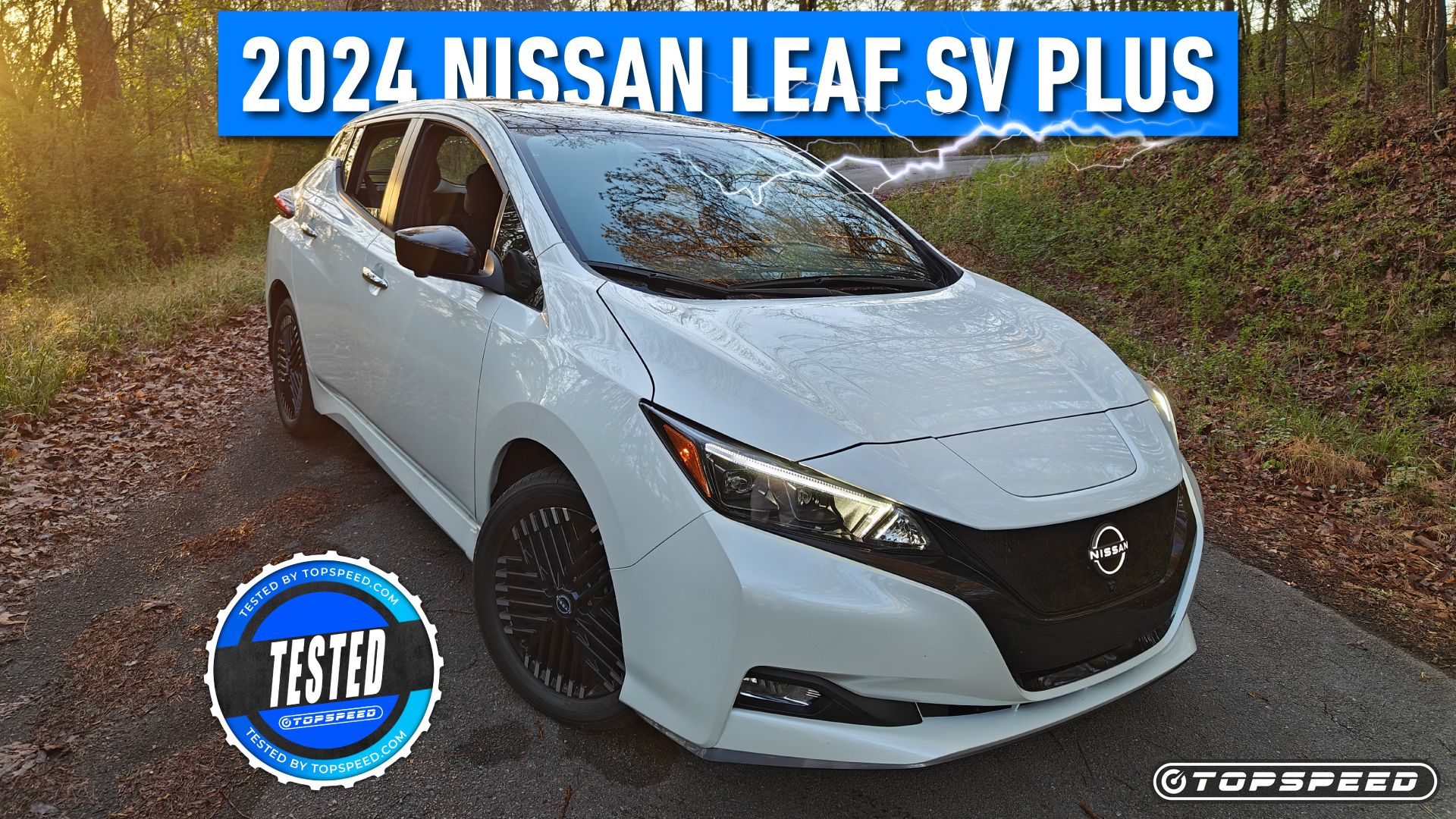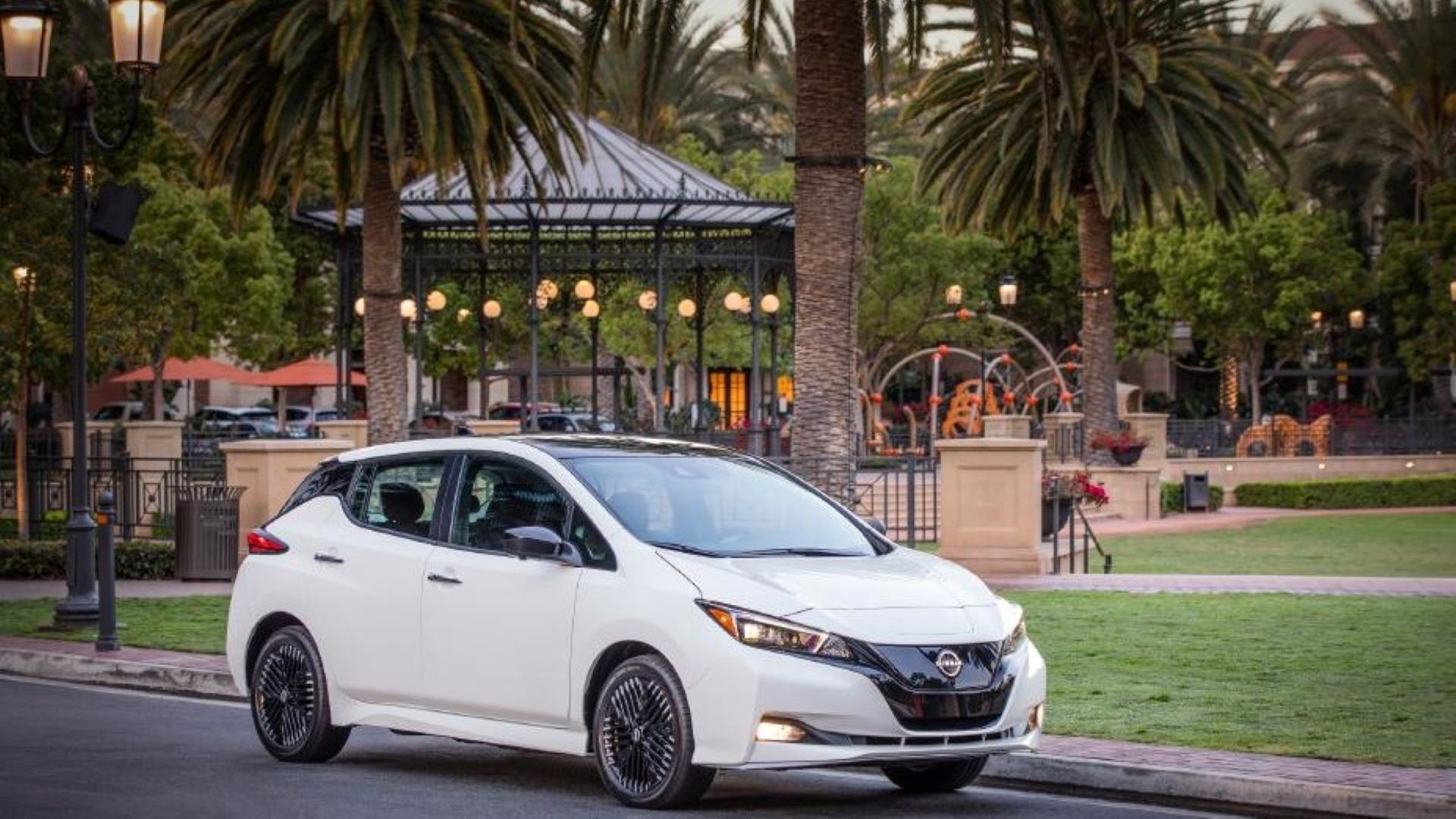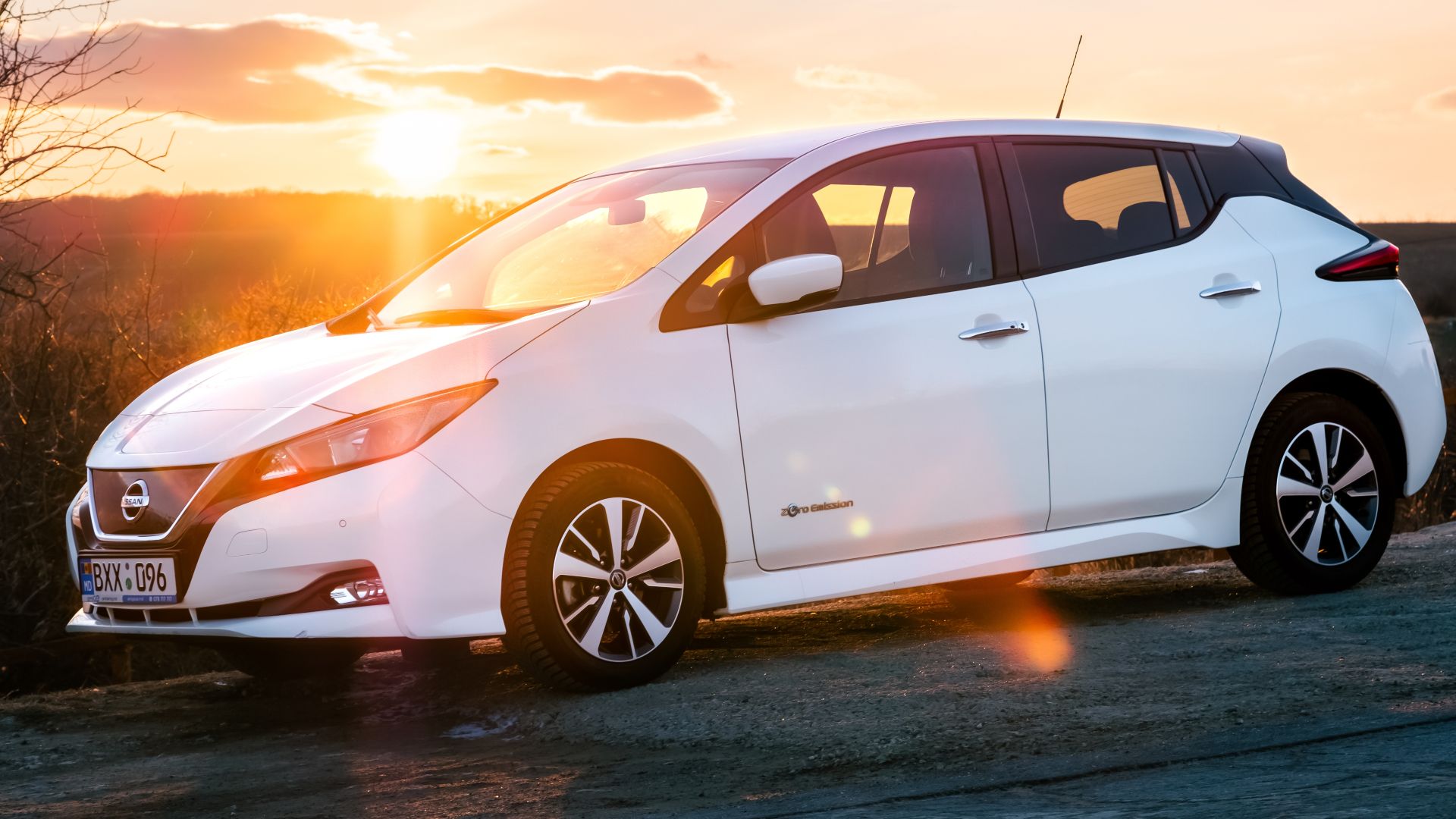The electric car market didn’t experience amazing growth in 2024, but many analysts anticipate that this will change in 2025. Gas prices continue to rise, and brands are finding new means and ways to
make their EV options a bit more accessible
to the market. Thanks to substantial investments in electrification technology over the past five years, modern electric vehicles benefit from much better efficiency range abilities than their predecessors. Public charging infrastructure has also come a long way, which is a huge win for EV owners who are on the road for extended periods and don’t necessarily have the option of always charging at home. Most EV owners in the U.S. frequent urban and extra-urban environments, which remain the best conditions for EVs.
Many analysts also expect EV prices to rise in 2025 for several reasons. These models already command such a steep premium over conventional ICE and HEVs, making them somewhat unjustifiable new vehicle purchases, especially when you factor in the dire depreciation rates and the imminent end of the Inflation Reduction Act credit. If affordability is your number one priority when looking to purchase or lease a new electric vehicle, there is one reasonably accessible option from a long-standing Japanese manufacturer. You will have to compromise on things such as range and performance, but it’s an overall decently rounded consideration if you’re looking for a basic and cost-effective EV.
In order to give you the most up-to-date and accurate information possible, the data used to compile this article was sourced from Nissan’s websites and other authoritative sources, including the EPA, Consumer Reports, and J.D. Power.

Review
2024 Nissan Leaf: An Overlooked Electric Vehicle Perfect For First-Time EV Buyers
The Nissan Leaf has matured into a practical and reliable option for urban commuters seeking an environmentally friendly mode of transportation.
The 2025 Nissan Leaf Is A Budget-Friendly EV
Pricing Starts At $28,140
Pricing for the
2025 Nissan Leaf
starts at a very competitive $28,140 for the base S derivative, but this is a very basic specification, making it the best bang-for-your-buck EV currently available. Standard equipment includes 16-inch steel wheels, cloth seat upholstery, and an 8.0-inch touchscreen infotainment system with Apple CarPlay. You also get a four-speaker audio system, and a multifunction urethane steering wheel. The SV Plus costs $36,190, but it includes 17-inch alloy wheels, heating for the front seats, LED headlights, halogen foglights, additional adjustments for the driver’s seat, a heated leather-wrapped steering wheel, and an auto-dimming rearview mirror. You can expect to pay $1,140 for the destination fee.
There
aren’t any leasing deals
currently active for the 2025 Leaf range, but Nissan is offering zero percent APR on financing over 72 months for qualifying buyers, together with a series of bonus cash discounts, including a $1,000 gratitude rebate and a $7,500 Inflation Reduction Act cash back credit for those residing in specific regions. Nissan still assembles the Leaf at its Tennessee plant, which is why it is still eligible for this bonus, but the brand also clarifies that you will not be able to bundle these cash-back bonuses with the aforementioned APR deal.
We know that this generation of the Leaf is now coming to an end, with the brand
officially set to introduce its new generation
by the end of this year as a fully redesigned crossover that will
slot beneath the Ariya
. Nissan has made substantial advancements to its performance, packaging, and range, which will undoubtedly transform it into a significantly more expensive product. Despite the current-generation model’s attractive pricing, it remains a niche proposition, with the brand confirming just 11,226 individual unit sales throughout 2024. It’s evident that the new EV market values range and performance more than overall affordability.
2025 Nissan Leaf Performance Specifications
| S | SV Plus | |
| Price | $28,140 | $36,190 |
| Powertrain | Single Permanent-Magnet Motor | Single Permanent-Magnet Motor |
| Horsepower | 147 HP | 214 HP |
| Torque | 236 LB-FT | 250 LB-FT |
| Transmission | Single-Speed Automatic | Single-Speed Automatic |
| Driveline | Front-Wheel Drive | Front-Wheel Drive |
| 0-60 MPH | 7.4 Seconds | 6.7 Seconds |
| Top Speed | 89 MPH | 92 MPH |
The Nissan Leaf isn’t the most impressive option in terms of performance. The base S derivative only produces 147 horsepower and 236 pound-feet, which is enough to get it to a 0-60 MPH time of 7.4 seconds before hitting an 89 MPH top speed limit. Upgrading to the SV Plus increases power to 214 horsepower and 250 pound-feet, resulting in a 6.7-second 0-60 MPH time and a 92 MPH top speed limit.
The Nissan Leaf’s Impressive Efficiency Ratings
The Leaf S features a 40 kWh lithium-ion battery that produces power to a front-mounted permanent-magnet synchronous motor. The EPA estimates that you’ll only cover 149 miles on a single charge, but this is more than enough to meet the needs of most American urban drivers. The Leaf’s efficient drivetrain configuration affords it a 30 kWh per 100 miles combined energy consumption estimate. The EPA indicates that you can expect to save up to $4,750 on fuel costs over five years and spend $700 on electricity every year. You’ll find yourself paying $1.14 to drive the Leaf S 25 miles.
|
Battery |
40 kWh Net |
60 kWh Net |
|
Range |
149 Miles |
212 Miles |
|
Fuel Economy |
30 kWh/100 Miles |
31 kWh/100 Miles |
|
Five Year Savings |
$4,750 |
$4,750 |
|
Annual Energy Cost |
$700 |
$700 |
|
Cost To Drive 25 Miles |
$1.14 |
$1.14 |
If you need a bit more range and don’t mind increasing your budget by a couple of thousand dollars, you can opt for the SV trim, which benefits from a larger 60 kWh battery pack. The EPA estimates that this will achieve 212 miles on a single charge, while only increasing energy consumption to 31 kWh per 100 miles. Despite the increased power and heavier battery, it benefits from the same impressive savings and running costs as the Leaf S.

Related
2024 Nissan Leaf: What Makes It a Budget-Friendly Powerhouse
The newest and the last Nissan Leaf offers modest performance and range at a low price.
The Nissan Leaf’s Reliability Standards
When it comes to professional reception, the Nissan Leaf doesn’t perform all too well, as Consumer Reports awards it a 55/100 overall score. This includes a 61/100 road test score, 44/100 predicted reliability rating, and 2/5 predicted owner satisfaction grade. The publication cites its silent ride, smooth power delivery, and ease of access to the cabin to be the EV hatch’s strongest points, but you will find the slow charging times, limited range, and lack of performance to be noteworthy drawbacks.
J.D. Power holds the 2023 model year to a slightly higher standard, with a 73/100 overall rating, which includes 76/100 for quality and reliability and 61/100 for the driving experience. Despite these results, existing Nissan Leaf owners swear by the Leaf’s reliability, citing it to be a dependable and resilient EV thanks to its simple drivetrain design. The 2025 model year is not subject to any recalls, but this is subject to change as the year progresses.

Related
5 Reasons Why The Nissan Leaf EV Is A Good Buy In 2023 (And, 5 Reasons Why It Isn’t)
The Nissan Leaf is a spacious urban commuter with good tech, but comes with a poor range and mediocre performance
How Much It Costs To Charge The Nissan Leaf
Charging costs
are also a major factor to consider if you want to optimize your monthly travel expenses. Thankfully, the combination of the Leaf’s compact battery and efficient drivetrain means that you won’t be spending much to replenish the battery pack in between drives. The cost of charging an electric vehicle
at home in the United States as of 2025 varies depending on electricity rates, vehicle efficiency, and driving habits. The average residential electricity rate is approximately 16.94 cents per kWh, but this can differ significantly across states. More expensive regions pay as much as 42 cents per kWh, while the cheapest regions only fork out around 13 cents for one kWh.
2025 Nissan Leaf Charging Costs
|
Battery |
40 kWh |
60 kWh |
|
Low Rate States |
$5.20 |
$7.80 |
|
High Rate States |
$16.80 |
$25.20 |
|
National Average |
$6.80 |
$10.20 |
Using these values, you can expect to pay anywhere between $5.20 and $16.80 to recharge the Nissan Leaf S and $7.80 and $25.20 for the SV. Being an older EV, the Leaf only accommodates
charging speeds of up to 6.6 kW
. This means you can expect to wait a full two and a half days to recharge either battery option via an AC Level One charging system rated at 120 volts.
2025 Nissan Leaf Charging Speeds
|
Battery |
40 kWh |
60 kWh |
|
Level 1 AC 120V Charging time (0-100%) |
2.5 days |
2.5 days |
|
Level 2 AC 240V Charging time (0-100%) |
7.5 hours |
11 hours |
|
Level 3 DC 450V Charging time (10-80%) |
40 minutes |
60 minutes |
Upgrading to a 240-volt Level Two system reduces the 40 kWh’s charging time to 7.5 hours and the 60 kWh to 11 hours. The Leaf’s
DC Level-Three fast charging capacity
is locked in at an incredibly low 100 kW, meaning the 40 kWh pack will take 40 minutes to charge from 10 to 80 percent, while the SV will take a full hour.









